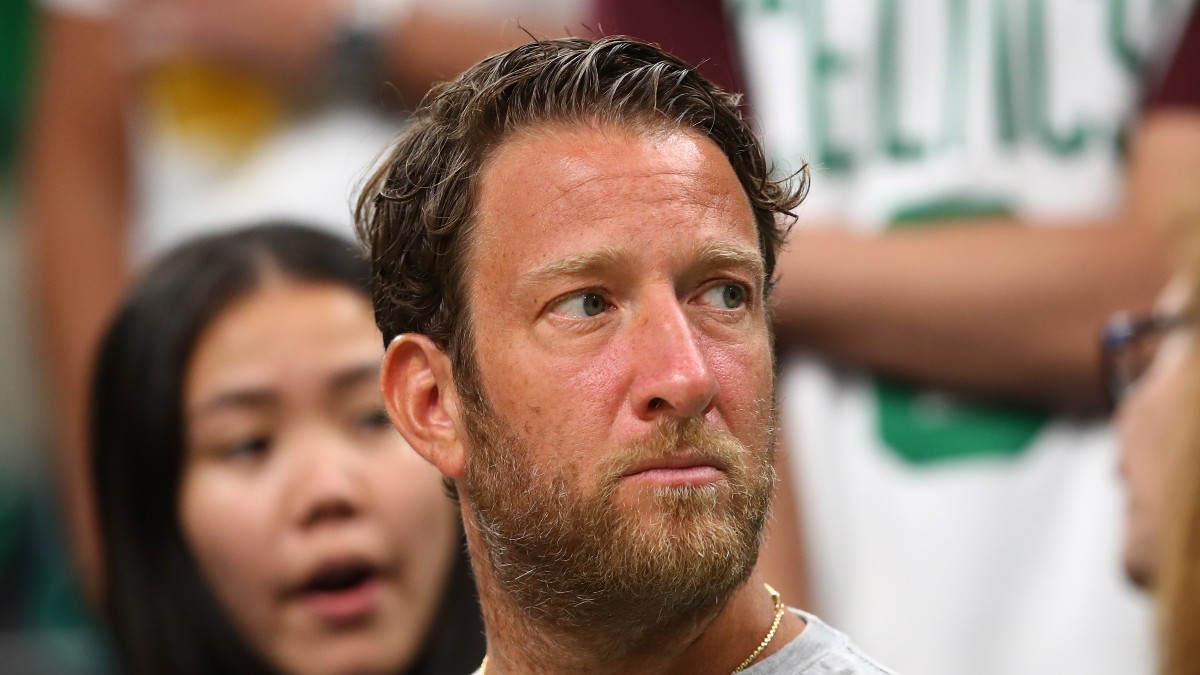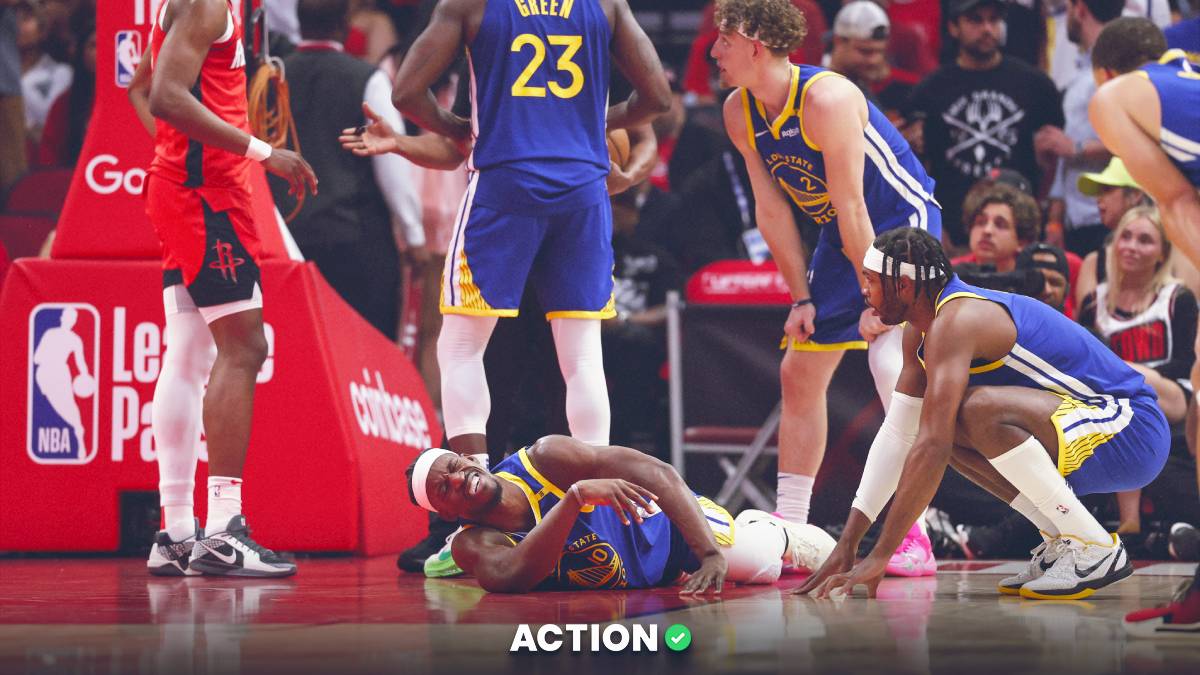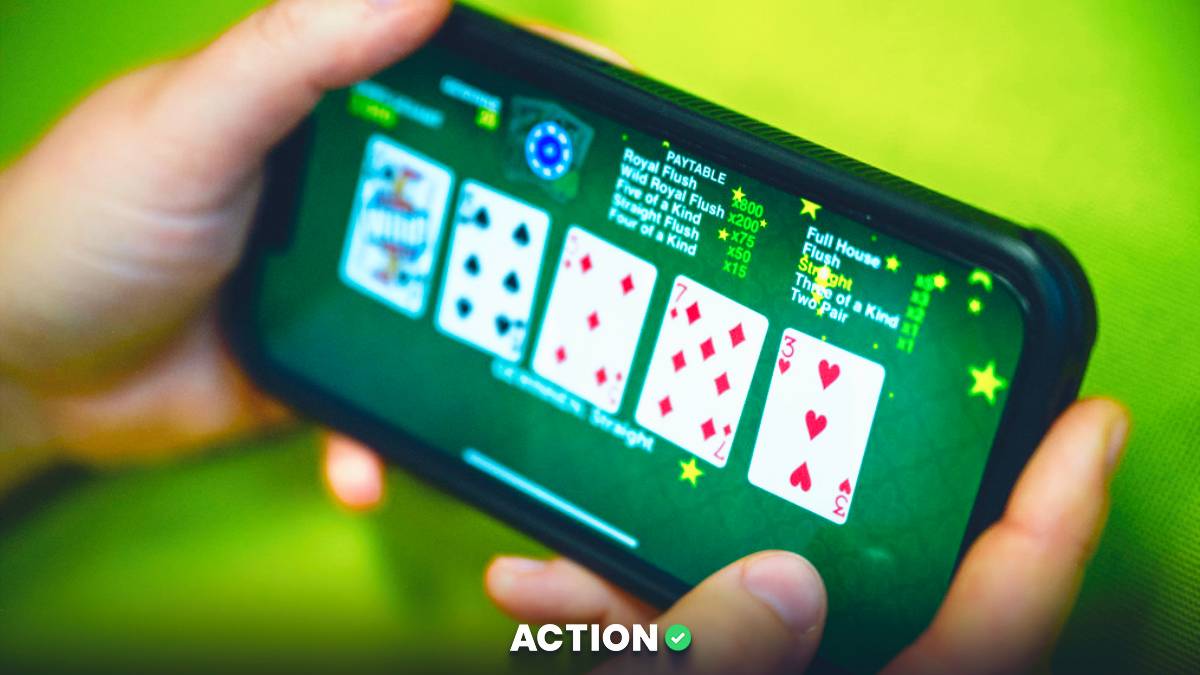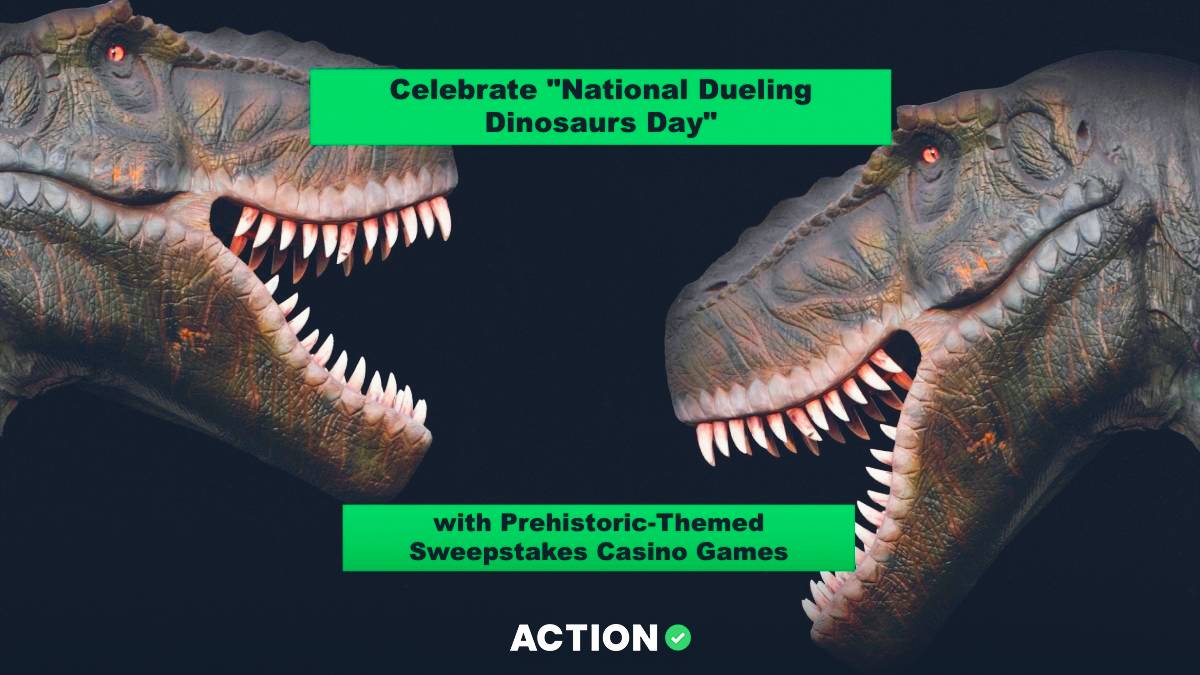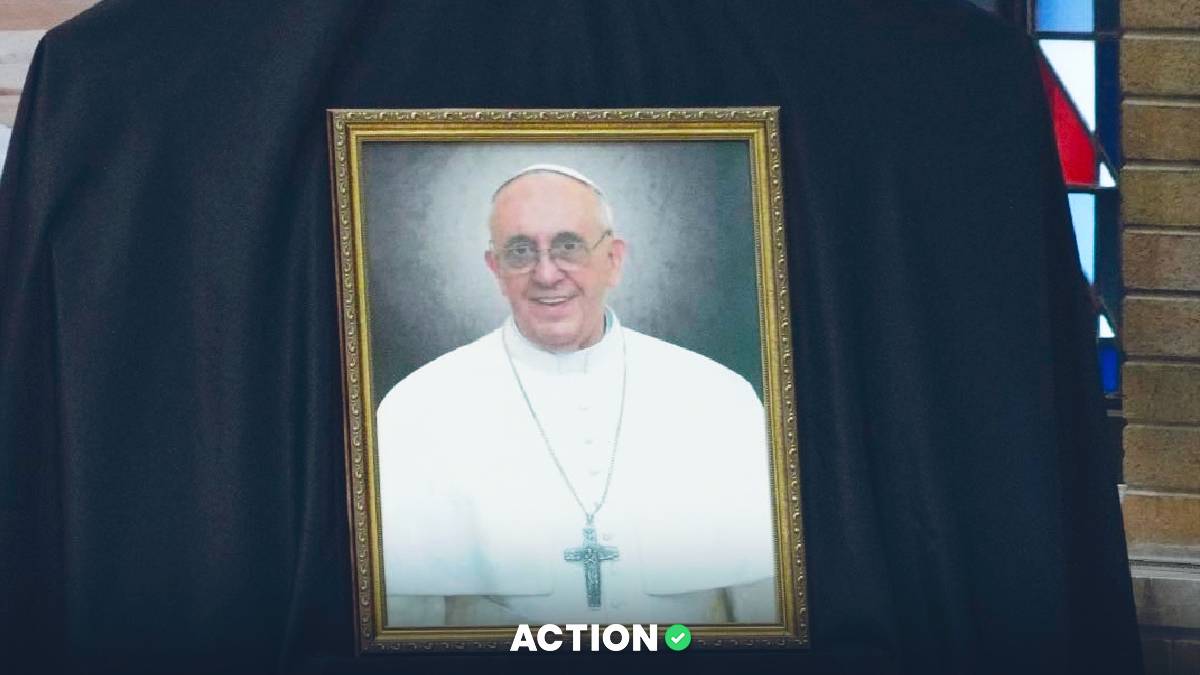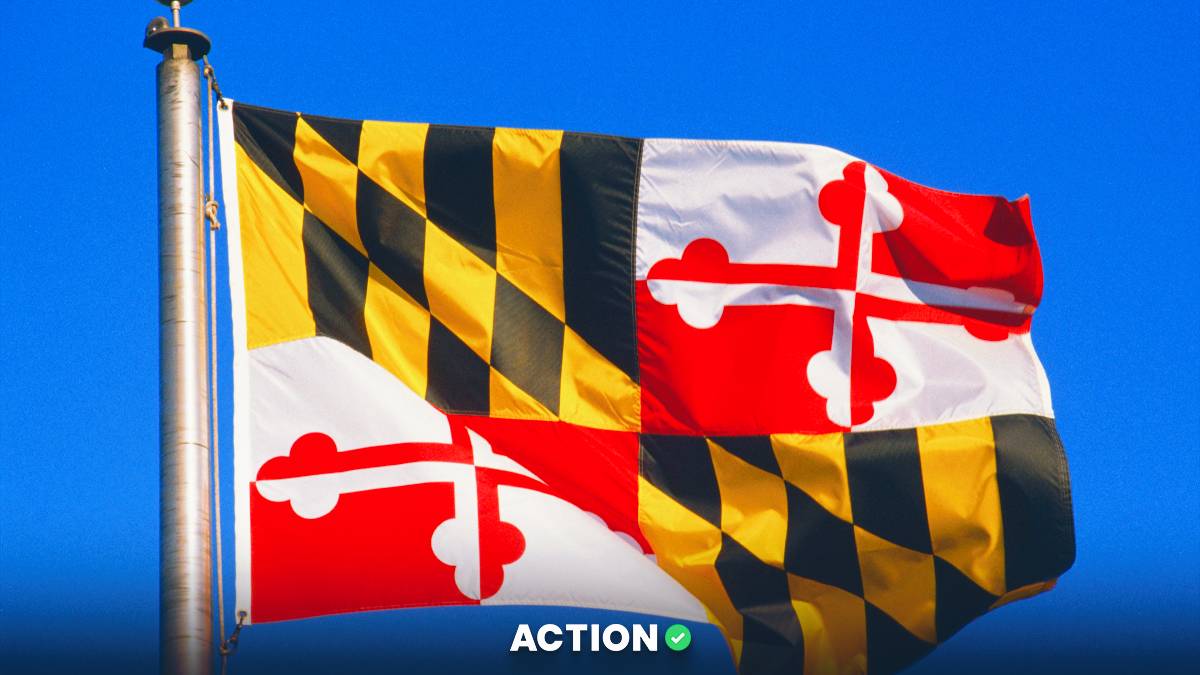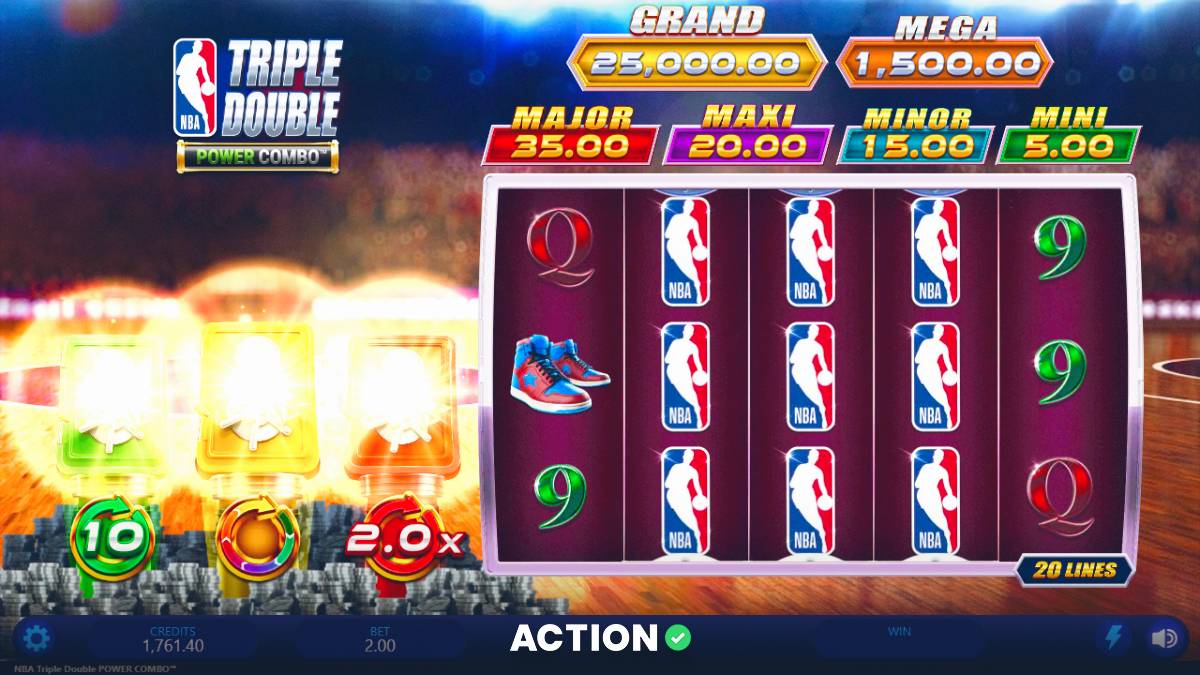The sports betting world exploded Tuesday when ESPN announced it had forged a deal with PENN Entertainment to license its brand as a sportsbook.
The deal to create ESPN Bet — worth $1.5 billion in cash over the first 10 years, in addition to $500 million in stock warrants — isn't necessarily what caused all the commotion.
With the deal came the disclosure that PENN was divesting from Barstool Sports, a property it had paid a total of $550 million for. That company has now been transferred under the sole proprietorship of founder Dave Portnoy.
For years, PENN patted itself on the back. Its competitors were spending tens or hundreds of millions of dollars to acquire customers, while PENN would have among the lowest acquisition costs in the game thanks to Barstool fans, the company claimed.
Despite espousing this philosophy over and over again, quarter after quarter, the data was clear: It wasn't working.
Stoolies skew younger and have a lower net worth, meaning they have a shorter gambling outlook and fewer dollars to play with. Penn's Barstool was also late to plenty of markets and its interface was abysmal next to market leaders in DraftKings and FanDuel.
But crucially, Barstool and Portnoy just can't cut it with publicly traded companies — especially those that are under the heavy microscope of state regulators.
In May, after a Barstool employee uttered a racial slur on air, Portnoy refused to fire the employee. Eventually — after making a show of it — he acquiesced to demands from his bosses at PENN.
Stoolies reacted with rage and PENN's stock price tumbled about 14%. Barstool's parent company lost about $633 million on paper as a direct result of the company's behavioral nature.
Barstool's reputation has also caused myriad issues in procuring licenses across the gaming space, jeopardizing a core part of PENN's business.
In Massachusetts — Barstool's home state — representatives for the company faced hard questioning and a lengthy investigation in its battle to receive a valuable sports betting license in one of the nation's most important sports betting states.
The investigation called into question the company's history of sexism and insulting behavior. The commission also expressed skepticism that Portnoy — who advocates for "Can't Lose Parlays" and once declared a $30,000 gambling debt in his 2004 bankruptcy filing — would be a strong advocate for responsible gambling.
Later that year, Massachusetts officials deliberated as to whether Barstool's marketing of its "Can't Lose Parlay" violated state regulations, further damaging the relationship between PENN and regulators.
"We underestimated how tough it was to operate in a regulated world," Portnoy said on Tuesday.
But will ESPN be any better?
Well, there's tier one sports integration, so expect to be inundated with ESPN Bet branding across games, television, the website and podcasting.
And, although it wasn't mentioned in the press release, expect Pat McAfee to be a major part of that plan.
The buzz McAfee generated with FanDuel's pre-made parlays was unprecedented. The deal that ESPN struck with him may prove more prescient than ever.
But ESPN the brand isn't guaranteed gold, either. Just recall ESPN the Phone or ESPNZone.
Still, PENN has already sold its investors on the notion that pairing sportsbooks and publications works — it drastically reduces customer acquisition costs.
Instead of abandoning that strategy, it's a lot easier for PENN to sell that narrative again instead of abandoning it — even if the cost is three times more.


